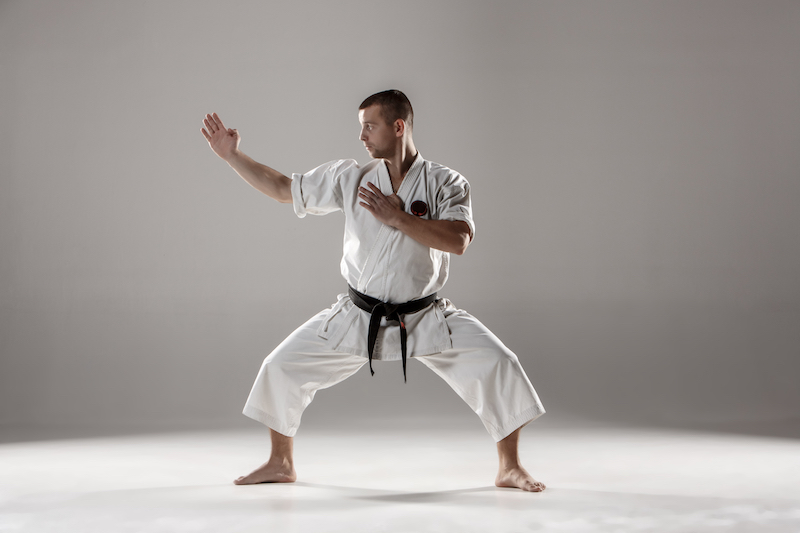Karate is the Classic Japanese martial art, dating back to a cultural exchange with China in the late 1300s. China introduced some of their unarmed fighting ideas to Japan’s Ryukyu Islands, where they may have been combined with some pre-established fighting techniques. It later spread by the rest of country. The details of Karate’s history are a little vague as it often was taught in secret. This secrecy was especially necessary after 1477 when King Sho Hashi banned all weapons; martial arts essentially became the only possible method of combat.

To be accurate, Karate is not so much a style of martial arts as it is an umbrella term for several similar martial art schools. Each Japanese school taught its own version of the fighting technique, giving rise to several diverse practices. At the same time these different forms of karate have more in common with each other than they do with other martial arts. This diversity is one of the only drawbacks of Karate; it is difficult to have competitions between practitioners as the rules and techniques are not standardised. It is for this reason that Karate has taken so long to be accepted as an Olympic sport.

Karate schools started to appear in the United States after the Second World War, brought back by military personnel stationed in Japan. But it was not till a generation later, with the introduction of martial art films in the late 1960s and 1970s, that the sport really grew in popularity. The Soviet Union, Canada, and several western nations also adopted martial arts in the period after world War two.
The name ‘Karate’ is the subject of some debate. Though usually claimed to mean ‘empty hand’ the word is a homophone (pronounced the same but spelt differently) that can also mean ‘Chinese hand’. Written records are sparse, and have not conclusively shown which meaning was the true origin of the word. Many people speaking and hearing the term probably did not know the true origin themselves. Quite possibly the ‘Chinese hand’ interpretation was considered politically incorrect when political relations with China were poor, and the alternate explanation of ‘empty hand’ was proposed. Else, ‘Empty hand’ may have been the original meaning.



